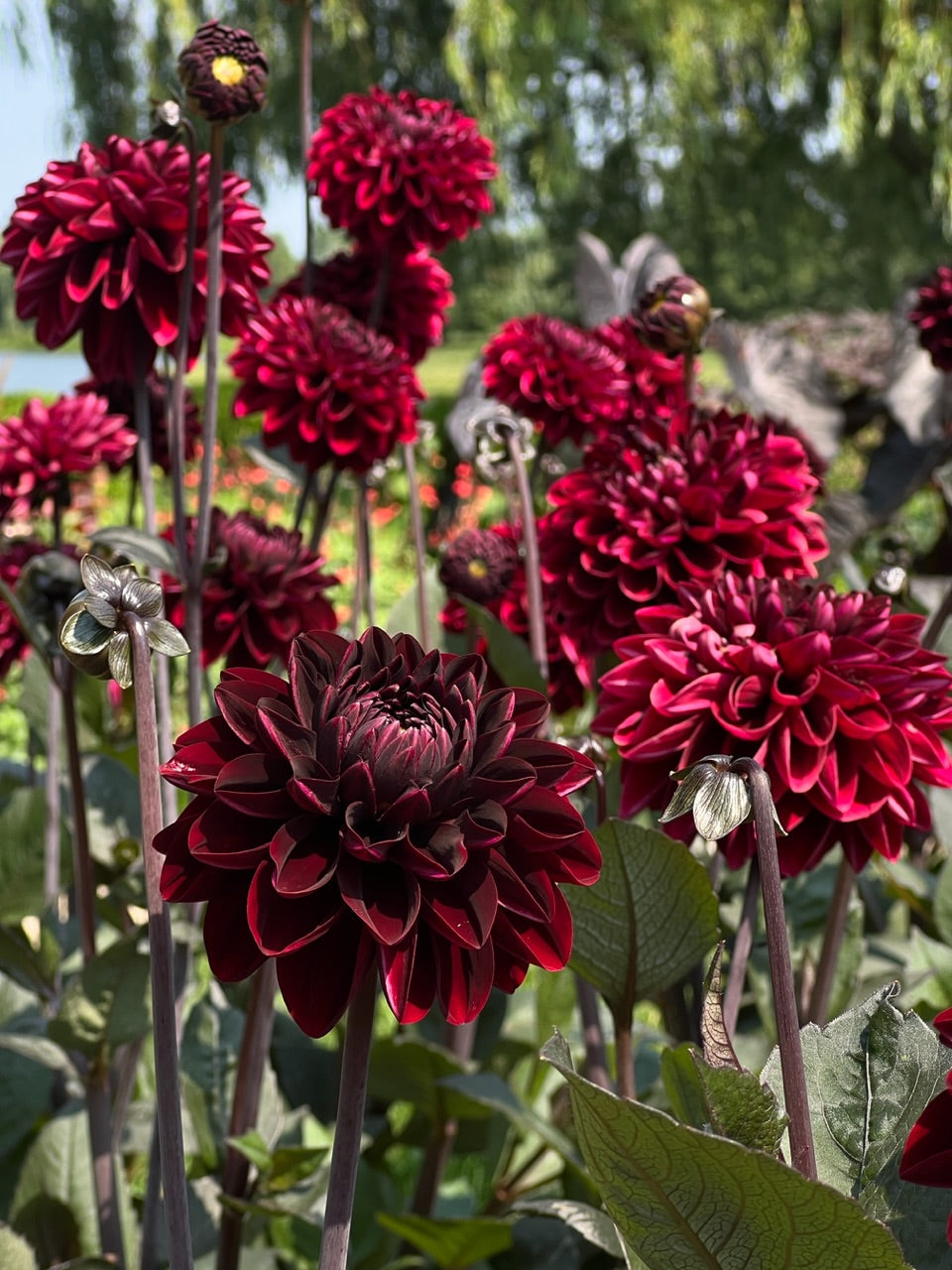In the contemporary horticultural world, a trend has emerged: many people have begun to cultivate their land more like farms rather than gardens. It’s a wonderful movement in many ways, fueling self-sustainability and connecting individuals to the natural world. However, this ‘farming mentality’ can sometimes risk losing sight of what a garden—a term etymologically tied to the idea of paradise—can truly offer us.
Let’s dive into the origins of these terms to uncover their deeper meanings. The word ‘farm’ originates from the Old English ‘feorm’, meaning ‘provision, food, supplies’, and later ‘rent, lease’. It was traditionally tied to a business venture, a plot of land cultivated for profit.
‘Gardens’, on the other hand, have a different origin story. The word ‘garden’ comes from Old English ‘geard’, denoting a fenced or enclosed space. The term reflects a space intended not just for cultivation, but for recreation, and aesthetic pleasure. Intriguingly, one of the earliest known terms for our modern understanding of a garden is the Old Persian ‘pairidaēza’, meaning ‘paradise’ or an enclosed space, which morphed into the Greek ‘paradeisos’ and later became our word ‘paradise’.
So, what does this mean for our contemporary understanding of gardens and farms?
While both have their place, the distinction between the two is essential. A farm—rooted in functionality and economics—emphasizes output and productivity. The garden, with its paradisiacal roots, is a sanctuary, a place to cultivate not just plants but also tranquility, beauty, and personal satisfaction.
For many, vegetable growing has become a way of life, a return to the land that is both commendable and necessary. However, it’s important to remember that our outdoor spaces can offer more than the sum of their harvests. They can be our personal paradises, spaces where we enjoy not only the fruits of our labor but also the intrinsic beauty and serenity that nature provides.
As we plan and plant our outdoor spaces, let’s aim to strike a balance. Yes, let’s grow our vegetables and relish in the tangible fruits of our labors. But let’s also cultivate joy, tranquility, and aesthetic delight. Let’s create not just farms, but gardens—our very own slices of paradise.

